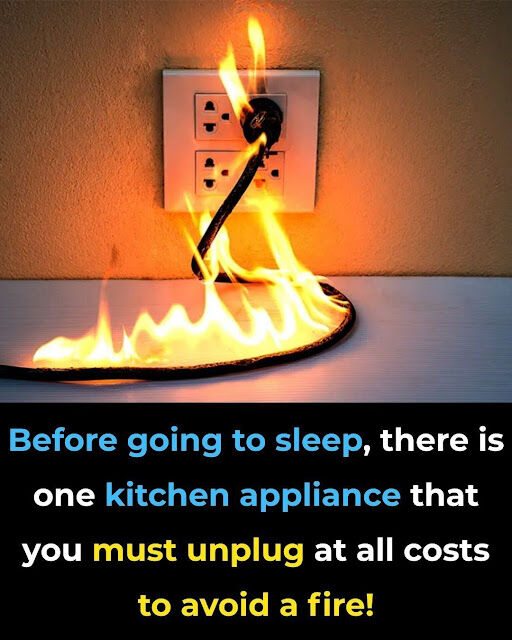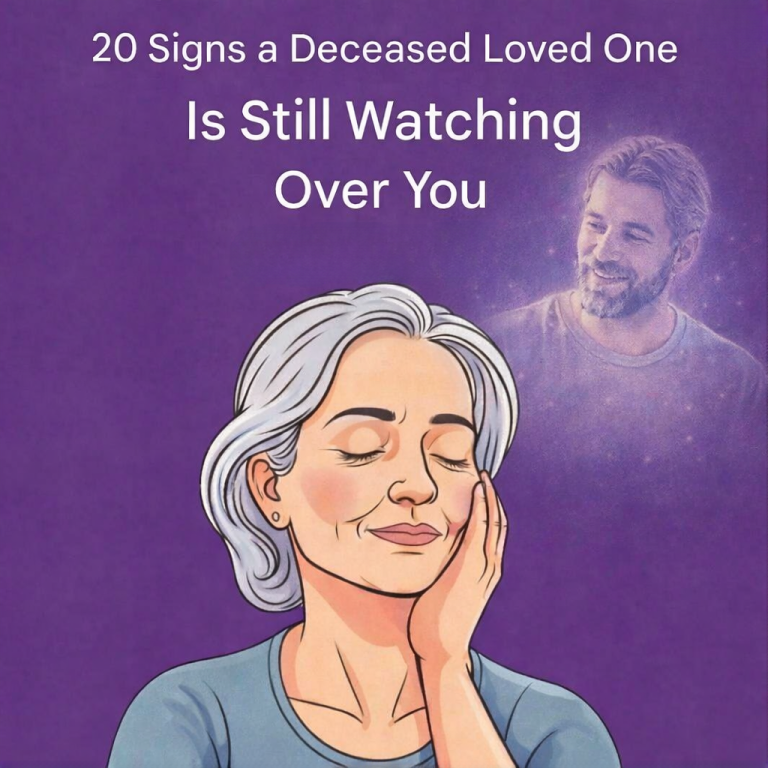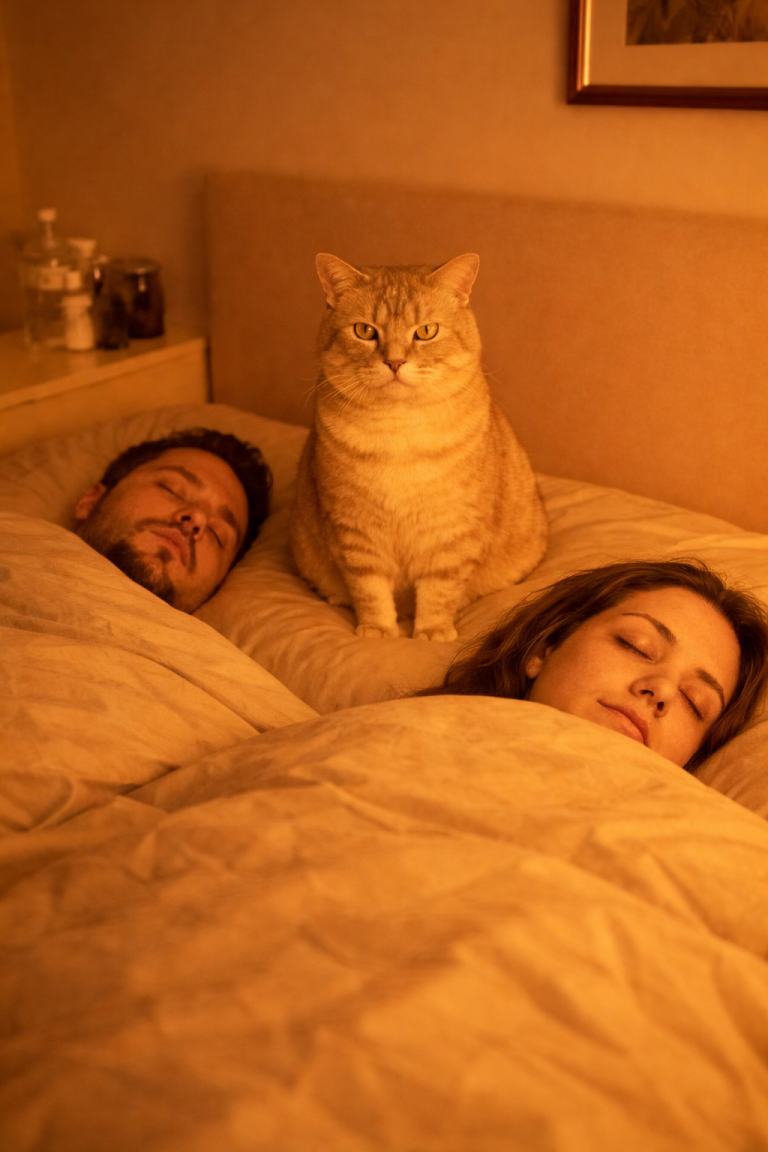
Most of us leave small appliances plugged in around the clock without thinking twice. They’re convenient, easy to use, and part of our daily routines.
But according to home safety experts and energy specialists, leaving certain devices plugged in can quietly drain your electricity, shorten their lifespan, and—in some cases—increase the risk of electrical fires.
The good news?
You don’t need to overhaul your entire home. Simply unplugging a few key appliances after each use can protect your house, lower your bills, and give you peace of mind.
Here are the five appliances you should always unplug when you’re done.
1. Toasters and Toaster Ovens
These small appliances might seem harmless, but they’re one of the top household fire hazards.
Food crumbs can accumulate inside, and leaving them plugged in increases the chances of electrical malfunction.
Why Unplug It?
- Prevents accidental fires
- Stops phantom energy consumption
- Extends the life of the heating elements
If you use it daily, make unplugging it part of your morning routine.
2. Coffee Makers
Most coffee makers have warming plates, timers, and internal electronics that continue to draw power even when not brewing.
Why Unplug It?
- Prevents overheating or short circuits
- Saves energy throughout the day
- Reduces wear on internal components
A coffee maker can quietly use more power than you think when left plugged in.
3. Hair Dryers, Curling Irons, and Straighteners
Beauty tools are among the most dangerous appliances to leave plugged in because they generate intense heat.
Why Unplug It?
- Protects against fires caused by accidental activation
- Prevents overheating if the switch malfunctions
- Keeps your bathroom safer, especially around moisture
A forgotten curling iron is one of the leading causes of bathroom-related electrical fires.
4. Space Heaters
Space heaters should never be left plugged in when not in active use. They use high wattage and can overheat easily.
Why Unplug It?
- Avoids fire hazards
- Ensures they don’t turn on unexpectedly
- Prevents electrical overload on outlets
Even modern heaters with safety features should be unplugged when finished.
5. Phone and Device Chargers
Chargers continue drawing electricity even when nothing is plugged into them. They also generate heat, which can damage the charger and outlet over time.
Why Unplug It?
- Reduces energy waste
- Keeps chargers from overheating
- Prevents frayed cords from sparking
This simple step can also help your devices last longer.
The Hidden Cost: Phantom Energy
Many appliances continue to draw small amounts of power while plugged in—this is known as phantom load.
Individually it seems small, but across a whole house it can add up to:
- Higher electricity bills
- Strain on your home’s wiring
- Unnecessary energy waste
Unplugging the worst offenders can reduce your utility bill without changing your lifestyle.
Bonus Safety Tips
To make these habits easier:
• Use power strips
Turn off multiple devices at once with a single switch.
• Label cords
Make it simple for your family to know which appliances should be unplugged.
• Check for frayed wires
Old cords are a major fire risk.
• Never overload outlets
High-wattage appliances (like heaters) need their own plug.
Final Thought
A safer home doesn’t require expensive upgrades—just small, mindful habits.
By disconnecting these five appliances when you’re done using them, you protect your home, reduce energy waste, and keep more money in your pocket.



